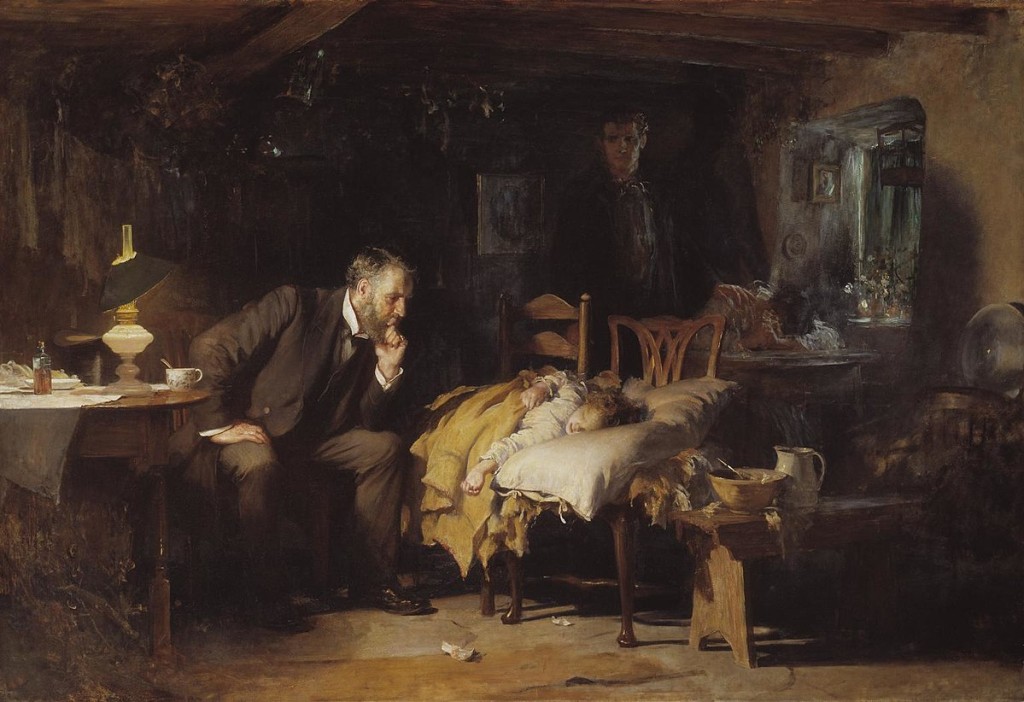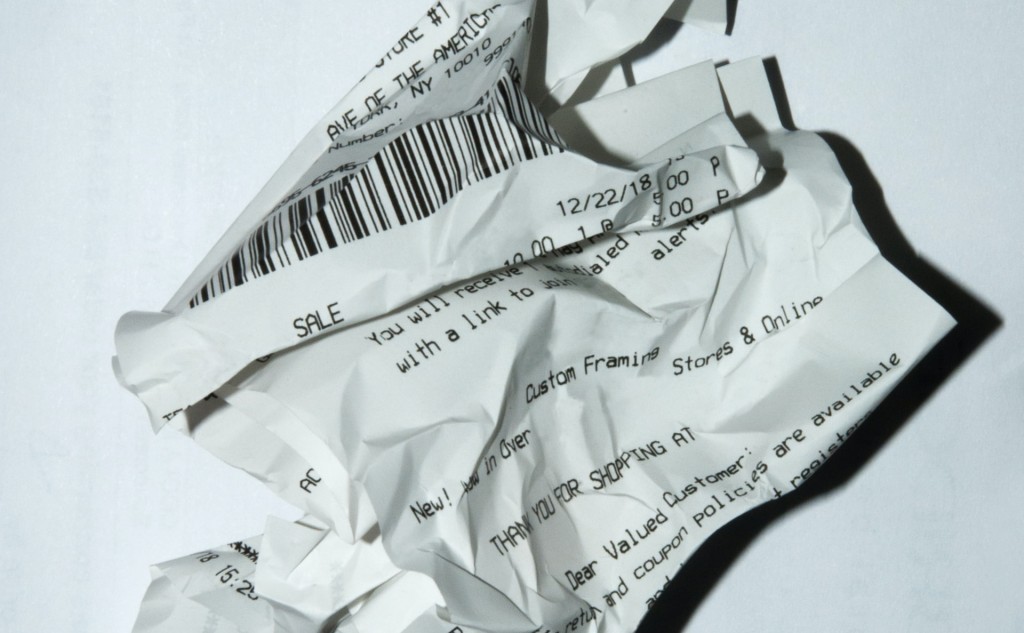
School Reform: Arizona Introduces Education Vouchers
It makes a big difference whether the state directly funds the operation of restaurants or \"merely\" mandates the issuance of food stamps, or whether restaurants are funded by paying customers.








![4liberty.eu N E W S L E T T E R [SEPTEMBER 2022] 4liberty.eu N E W S L E T T E R [SEPTEMBER 2022]](https://4liberty.eu/phidroav/2020/05/Cornelis_Norbertus_Gysbrechts_005.jpg)
![Conference Reshape Europe [EVENT] Conference Reshape Europe [EVENT]](https://4liberty.eu/phidroav/2022/03/markus-spiske-f98GSEhGfY8-unsplash-ukraine-we-stand-with-eu-1024x683.jpg)